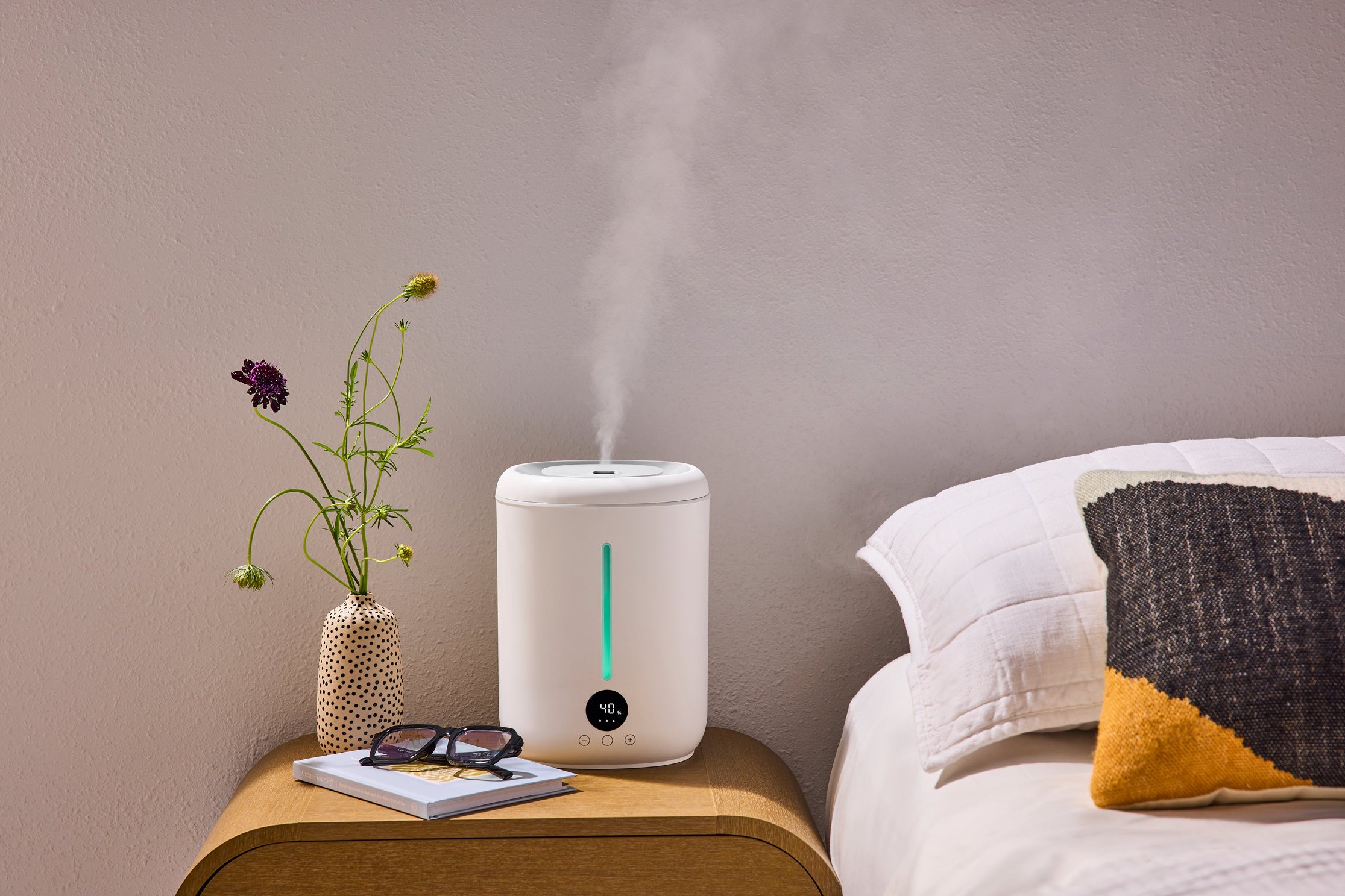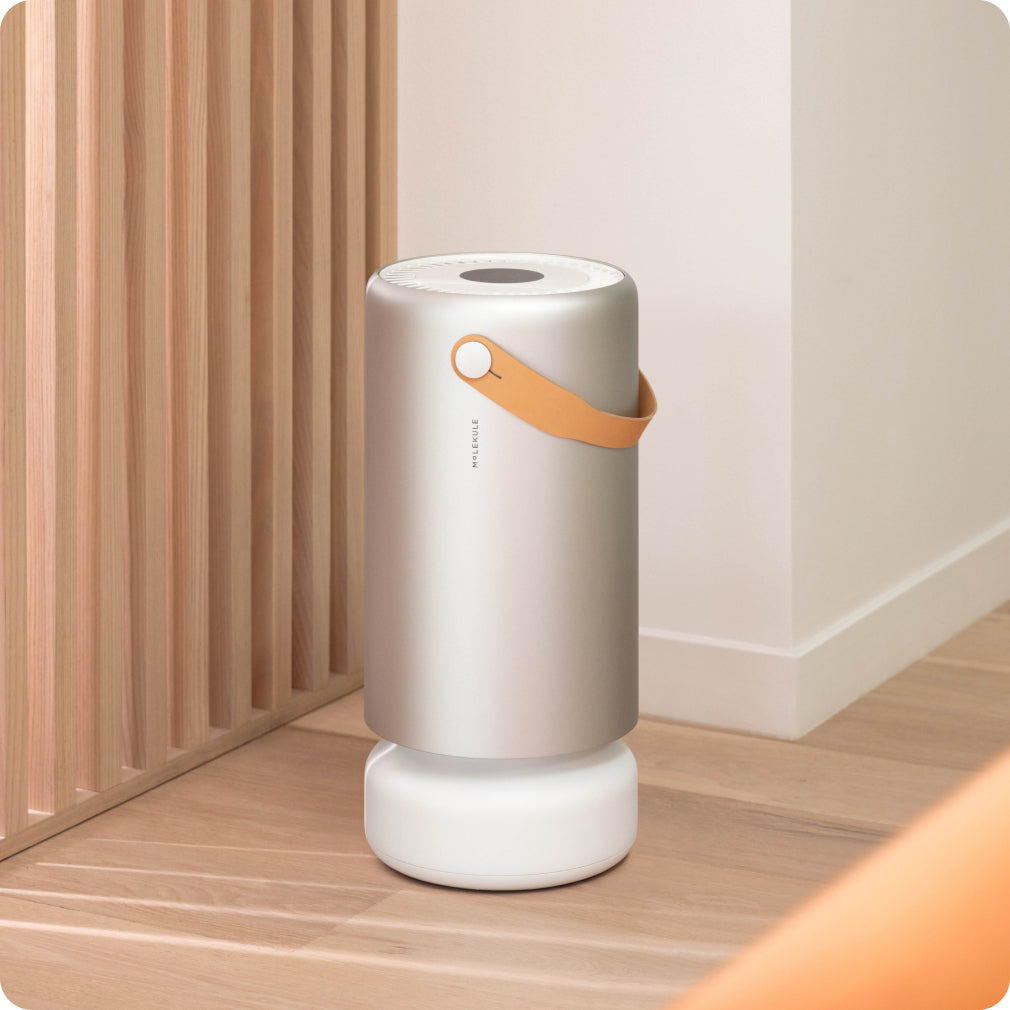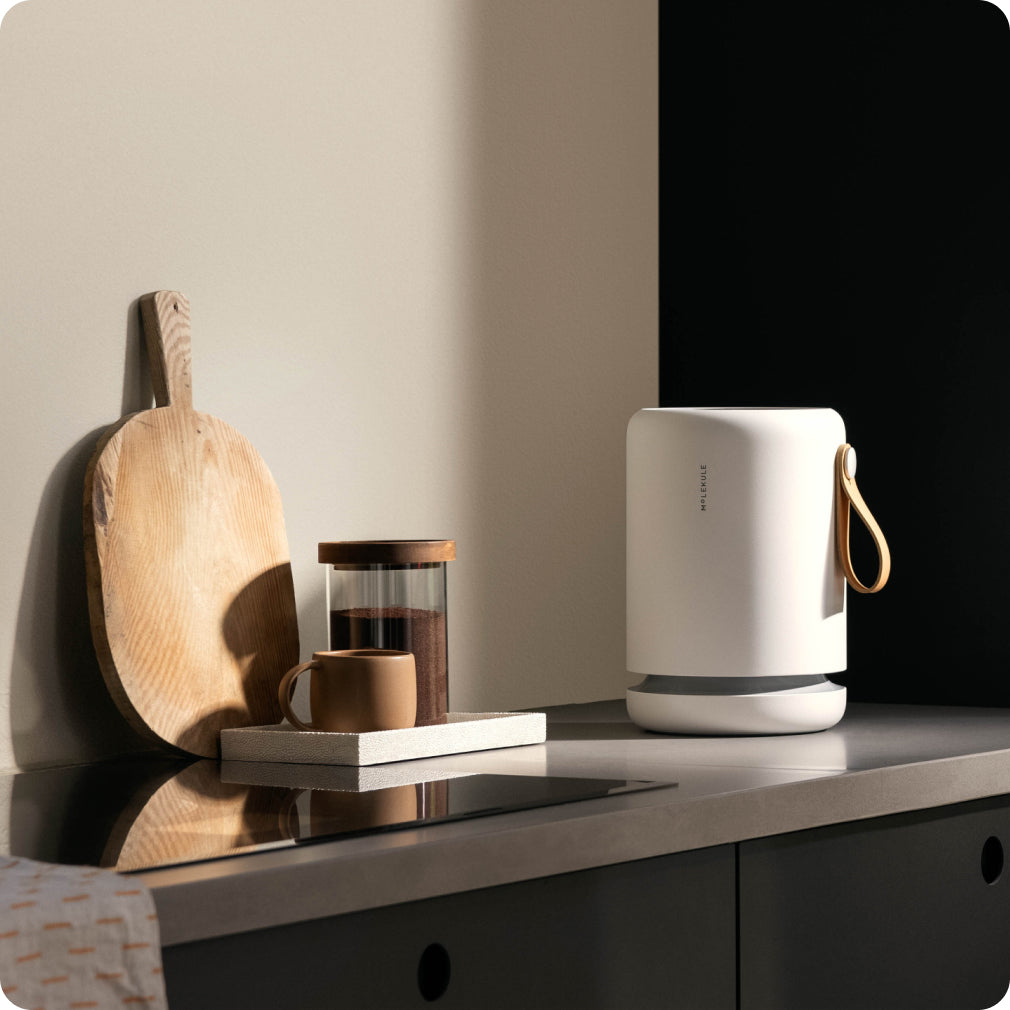Itchy eyes. Sniffing. Sneezing. A sore throat. You feel like you’re coming down with something, but plants are blooming, and viruses are going around. You might be thinking to yourself, “Am I sick or is it allergies?” If you’ve thought this, you’re not alone. When seasons change, it can be confusing to know the difference since the symptoms for cold and allergies are so similar.
It’s estimated that most people get a cold around two to four times per year. For allergies, over a quarter of adults in the United States experience seasonal allergies. Because both are so prevalent, understanding the cause of your symptoms is essential for effective treatment. Thankfully, there are ways to tell the difference between a cold and allergies. Here’s everything you need to know.
Understanding common allergy symptoms vs. illness symptoms
Allergies can manifest in a variety of ways, and it's essential to recognize the typical allergy symptoms. Common allergy symptoms include:
- Sneezing
- Itchy or watery eyes
- Runny or stuffy nose
- Coughing
- Skin rashes or hives
- Clear mucus
These symptoms are often triggered by allergens like pollen, pet dander, or dust mites. However, they can resemble symptoms of other illnesses, making it challenging to understand the cause.
Allergy vs. Illness Symptoms–How to Know the Difference
For both allergies and colds, overlapping symptoms include congestion, runny nose, and sneezing. However, there are several different symptoms that don’t overlap between allergies and illness. Here's a quick comparison:
Allergy Symptoms
No fever–Allergy symptoms may share symptoms of illness, like a runny nose or itchy, watery eyes, but the bottom line is that allergies can’t cause a fever. The reason being is that an allergic reaction happens whenever your body’s immune system is hypersensitive to irritants, like pollen or pet dander.
Symptoms may be seasonal–Allergy symptoms often follow a pattern and persist dependent on the allergen that’s causing the problem. If you have a seasonal allergy to pollen, for example, you might first notice your symptoms come up in early spring when trees and flowers are in bloom. Furthermore, these symptoms are likely to continue for weeks until the allergen season subsides. To put this in perspective, the CDC notes that the common cold typically lasts between 7 to 10 days.
Sneezing–If sneezing is your primary symptom, you’re likely dealing with allergies. With illness symptoms, you might have worse symptoms like coughing or a sore throat.
Clear mucus–If you’ve got a runny nose with clear mucus, then you’re likely dealing with allergies. Yellow or green mucus is more likely due to a viral infection.
Illness Symptoms (Cold/Flu/COVID-19)
It's important to note that some symptoms, such as sneezing or congestion, can be common to both allergies and illnesses. In such cases, the duration, accompanying symptoms, and exposure history can provide valuable clues.
Fever–Although it’s common to not have a fever when you’ve got a cold, a fever is a tell-tale sign of a viral infection. As we mentioned previously, fevers are not symptoms of allergies.
Body aches and fatigue–If your body and muscles are riddled with aches and pains, then this is most likely a sign that your body is fighting off an infection rather than allergies.
Sore throat–A persistent sore throat is usually a sign of a viral infection. While you may experience a sore throat that’s caused by postnasal drip from allergies, this symptom quickly resolves itself when you’re upright and go about your day.
Symptoms start suddenly and improve within a few days–The majority of viral infections have sudden onset of symptoms. The common cold again lasts around 7 to 10 days, and the flu lasts anywhere from 4 to 7 days. The exception is that COVID-19 ranges from 2 to 14 days after exposure to the virus.
When to Seek Medical Advice
If you're uncertain about your symptoms or they worsen, remember to consult your physician on medical advice. In general, seek medical advice when:
- You have a high fever.
- Your symptoms persist or worsen.
- You experience severe symptoms like shortness of breath.
- You have underlying health conditions that may complicate your condition.
Home Remedies for Allergy Relief
You're not imagining it – every year, seasonal allergies are becoming more severe. This severity is linked to the impact of climate change and rising carbon dioxide levels, leading to higher pollen levels. Thankfully, there are some home remedies that you can take to get relief.
For mild allergy symptoms, consider trying these home remedies:
- Monitor your indoor air quality and pollen counts. When pollen is high, keep windows closed during high pollen seasons.
- Use over-the-counter antihistamines and decongestants for relief, but make sure to consult your doctor before use.
- Saline rinses are also a great option to unclog your sinuses if you’re suffering from allergies.
- Use an air purifier to capture and destroy indoor allergens. As a bonus, most purifiers are FSA / HSA eligible. Don’t forget to change your filters regularly to keep your purifier running at full capacity.
- For more tips on managing allergies during allergy season, see our blog on 5 Things to Do About Allergy Season.
Allergy Testing and Diagnosis
If you suspect you have more severe allergy symptoms, consider undergoing allergy testing. Allergy tests, such as skin tests and blood tests, can identify specific allergens that trigger your symptoms. Consult an allergist for a proper diagnosis and treatment plan.
Cold & Flu Prevention Tips:
One of the best ways to protect yourself against the cold & flu season is to get your annual flu vaccinations. Additionally, there’s updated COVID-19 booster vaccines from Pfizer and Modern this winter season.
Additional tips include:
- Avoid close contact. Avoid close contact with people who are sick. Likewise if you’re feeling unwell, stay home for a day or two to prevent getting others sick too.
- Practicing good hygiene. Wash your hands frequently to protect yourself from germs. Also make sure to cover your mouth and nose with a tissue when you cough or sneeze, as viruses love to spread from droplets when people sneeze or cough.
- Invest in an air purifier. Enhance your indoor air quality with an air purifier. Airborne transmission is the primary way that viruses spread. Consider using air purifiers like Molekule’s to continuously filter and purify the air in your home.
- Stay hydrated. Drink plenty of water to keep your respiratory system in good shape and help your immune system function optimally.
-
Boost your immune system. Eat a balanced diet rich in fruits, vegetables, and whole grains. Get regular exercise, stay hydrated, and get enough sleep to support a healthy immune system.
What to Do for Illness Symptom Relief
If you suspect you’re sick, there are a few options for relief:
- Use over-the-counter cold medications like acetaminophen (Tylenol) or ibuprofen (Advil) to bring down a temperature and relieve body aches.
- Over-the-counter nasal spray and decongestants can also help provide relief from congestion.
- If you suspect you’re sick, stay home for a day or two to prevent getting others sick too.
Understanding the difference between allergies and illnesses can be challenging due to similar, overlapping symptoms. However, understanding these distinctions is essential for appropriate treatment and well-being. If you're unsure about your symptoms, please be sure to consult your doctor for a treatment plan. We hope you’ve found this blog post helpful and are able to take some proactive steps to manage allergies and so you can enjoy a more symptom-free and comfortable life.







